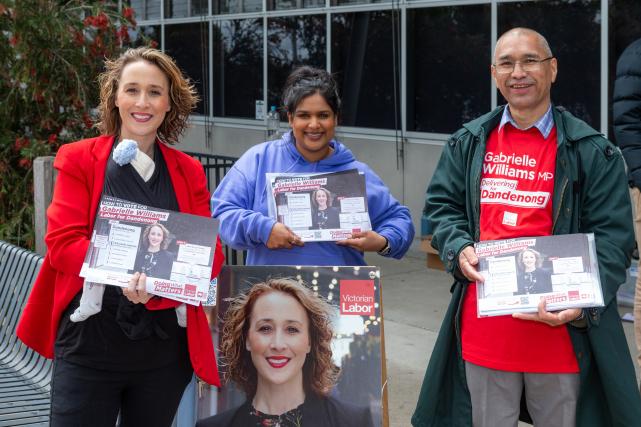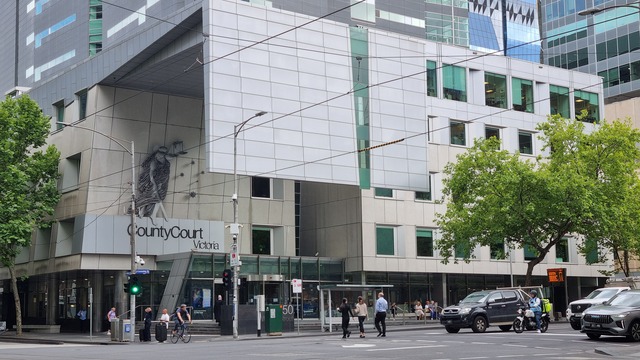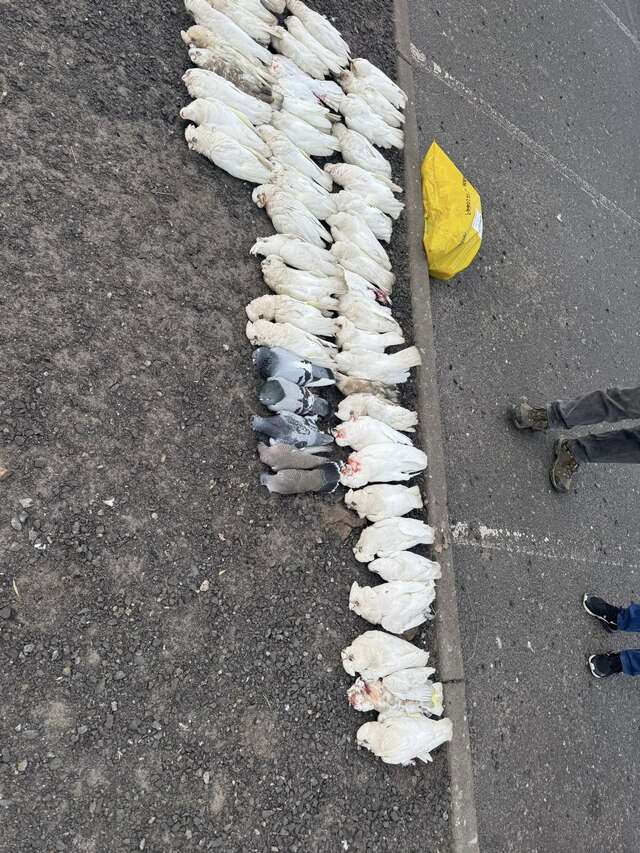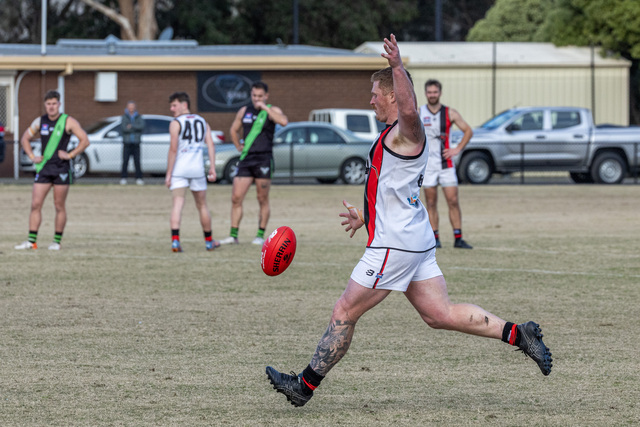Labor MPs in the Greater Dandenong polled strongly despite shedding primary votes.
However the beneficiaries were independents and minor parties rather than the Liberal Party.
Gabrielle Williams (Dandenong) won a decisive 56 per cent of primaries, which was down 8 per cent. The largest gain was from Family First.
Daniel Andrews (Mulgrave) attracted 51 per cent (down 8.5 per cent).
The largest beneficiary was independent Ian Cook (20 per cent), who grabbed votes from both Mr Andrews and Liberal candidate Michael Piastrino (down 12 per cent on primaries).
The comfortably returned Meng Heang Tak (Clarinda) and Tim Richardson (Mordialloc) lost primary votes mainly to independents Caroline White and Sarah O’Donnell.
South Eastern Metropolitan Labor MP Lee Tarlamis said voters may not have liked all the “tough decisions” made by the Government but “understood why they were made”.
“I think Dandenong is going to be one of the safest seats in the state.”
He said the Coalition was hurt by its pledge to shelve the Suburban Rail Link project.
In relation to the “vitriol” from the ‘anti-Dan’ movement, he said there was “a lot of noise from a small minority but it was translating into votes”.
“The people have spoken in Dan’s electorate and across Victoria and they don’t share their views. Now are (the opponents) going to listen?”
Monash University politics senior lecturer Zareh Ghazarian said the Coalition targeted the “strategically important” and “swinging” South East seats such as Cranbourne, Narre Warren North, Narre Warren South, Pakenham and Bass with little effect.
In contrast, the Liberals won large swings in safe Labor electorates in Melbourne’s West.
“I think one of the challenges that the Liberal Party has had for a few years is the message they’ve put out with policies has been overshadowed by internal disputes,” Dr Ghazarian said.
“There’s also been controversies with candidates and debates spilling into the public arena on whether it should be socially conservative or socially progressive.
“What this result reminds us of is of the result in the Federal Election where voters left the major parties and supported the minor parties.
“The biggest loser is the Liberal Party. Their message wasn’t resonating with voters.”
The election campaign has been described by many as “toxic” during what Dr Ghazarian described as a “polarising period” in Victorian politics.
“The result demonstrates that the vast bulk of the community supports Labor and the Andrews Government’s approach.
“It highlights for those opposing the Government that there’s got to be a lot of work to be done between now and the next election.”
The Coalition needed to gain 18 seats to form majority Government. It only won Nepean, with other possible gains in the balance.
“It’s a very poor result. They are in a very tough spot.
“It it’s unable to reconnect with the broader Victorian community its vote will fall – and fall further.
“The community is looking at parties and opting for who has the most stable platform and organisation.
“The saying ‘if you can’t govern yourselves you can’t govern the country’ still rings true.”







